This project has a cooperative approach to transport and urban planning in its DNA: communities composed of citizens, public authorities, transport operators and mobility experts have been supporting the creation of sustainable urban mobility solutions in five different cities. In each of our pilot areas, teams have worked with a diverse stakeholder community for over 20 months: firstly, defining the main local urban challenges, then identifying possible solutions, narrowing down the different options to three concepts and finally prototyping them. Prototyping is the step that comes before the actual piloting of concepts in real-life settings. It implies building a mock-up of the solution that will be piloted to test specific aspects and identify challenges and opportunities that could otherwise interfere or be missed during the piloting phase.
Fifteen prototypes have been prepared since December 2018. In Altona, Hamburg (DE), the prototypes aimed to support the implementation of environmentally-friendly solutions (new bike racks, a micro-depot combined with a bike delivery service and the promotion of sharing options). In Barton, Oxfordshire County (UK), the prototypes addressed the lack of access to public transport, promoting demand-responsive transportation as an alternative to car use. In Budapest (HU), community members prototyped a Mobility Point, the pedestrianisation of the lower embankment in Buda and ways to enhance the visibility of access points to the river to increase people’s mobility around the Danube, while reducing motorised traffic. In Trikala (GR), the prototypes helped refine solutions that promote healthier lifestyle and reduce the use of private cars in the city centre (pedestrianisation of central streets, installation of storage lockers and provision of electric scooters for people on a wheelchair). Last, but not least, Üsküdar, Istanbul (TR), prototyped interventions that increase accessibility and safety, targeting families, visually impaired people and the elderly.
The pilots are about to launch, so please join us and learn about the prototypes by clicking on the location that’s closer to you:
Alternatively, you can download a dedicated booklet here and let Cities-4-People inspire you.
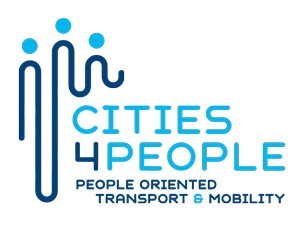
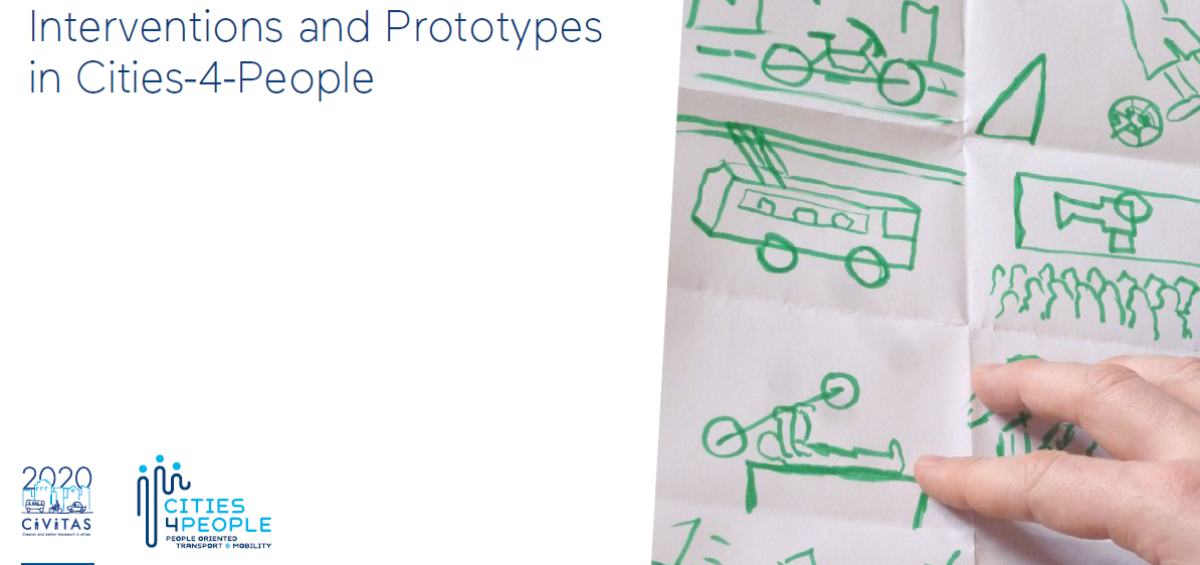









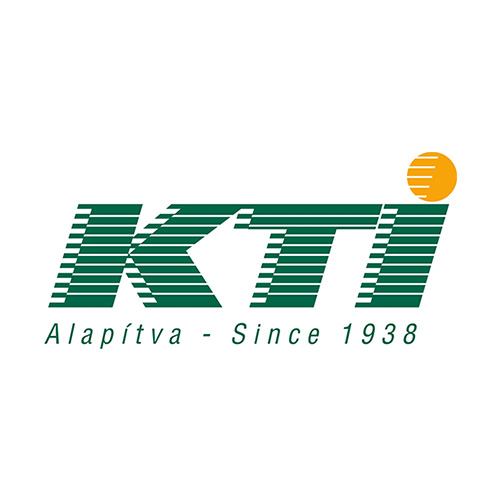
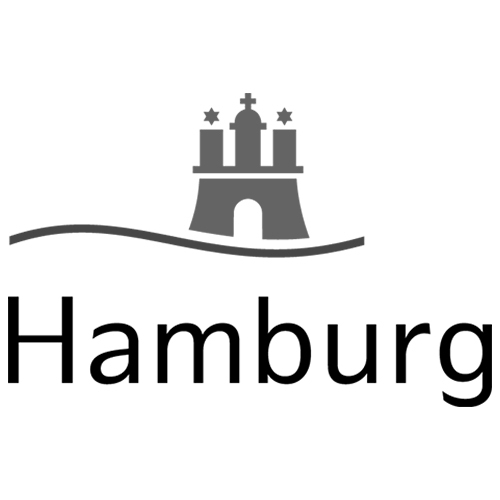
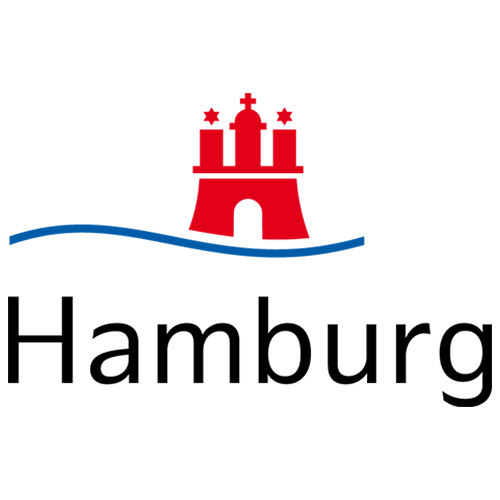
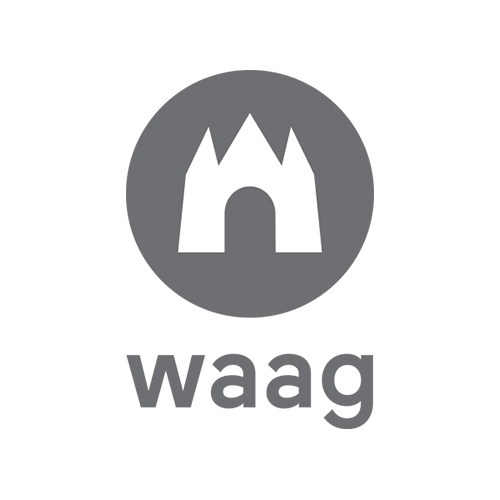
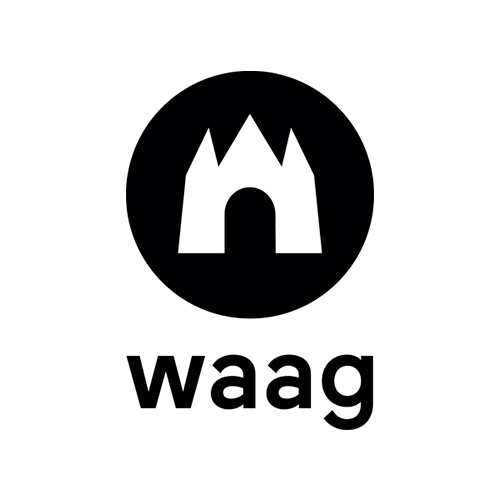
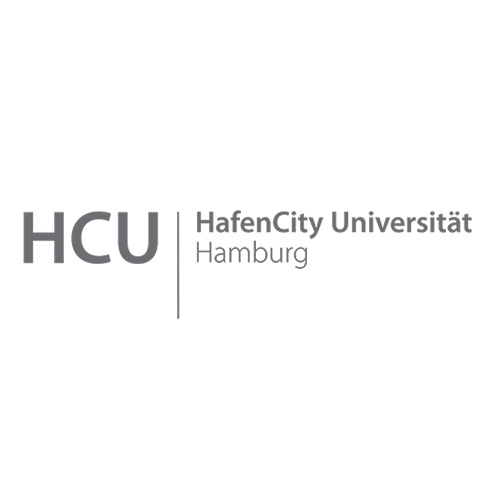


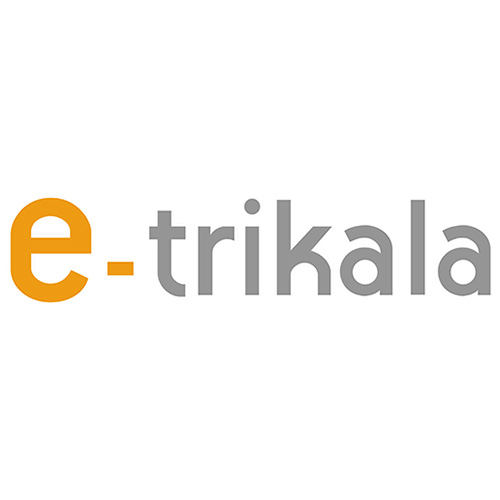








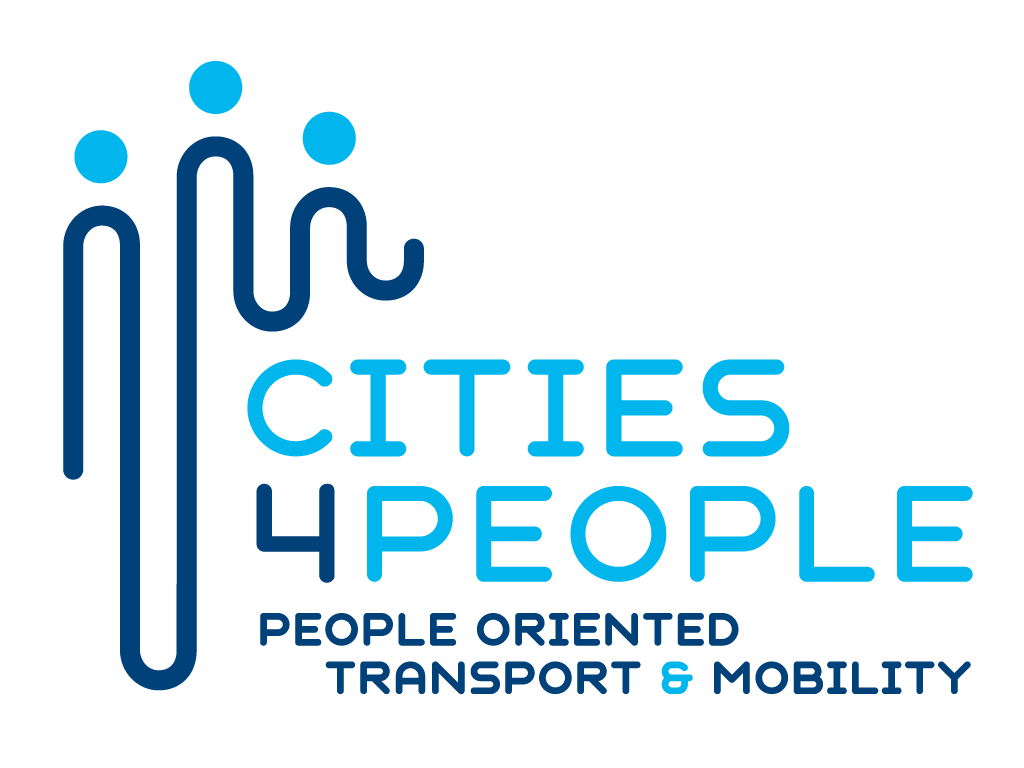
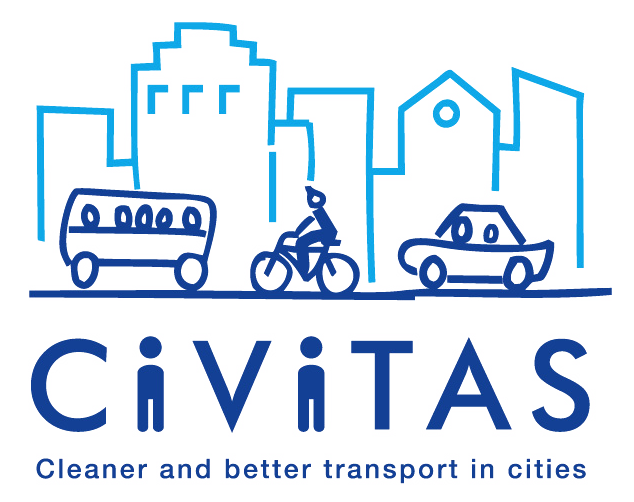


 English
English Magyar
Magyar Deutsch
Deutsch Turkish
Turkish